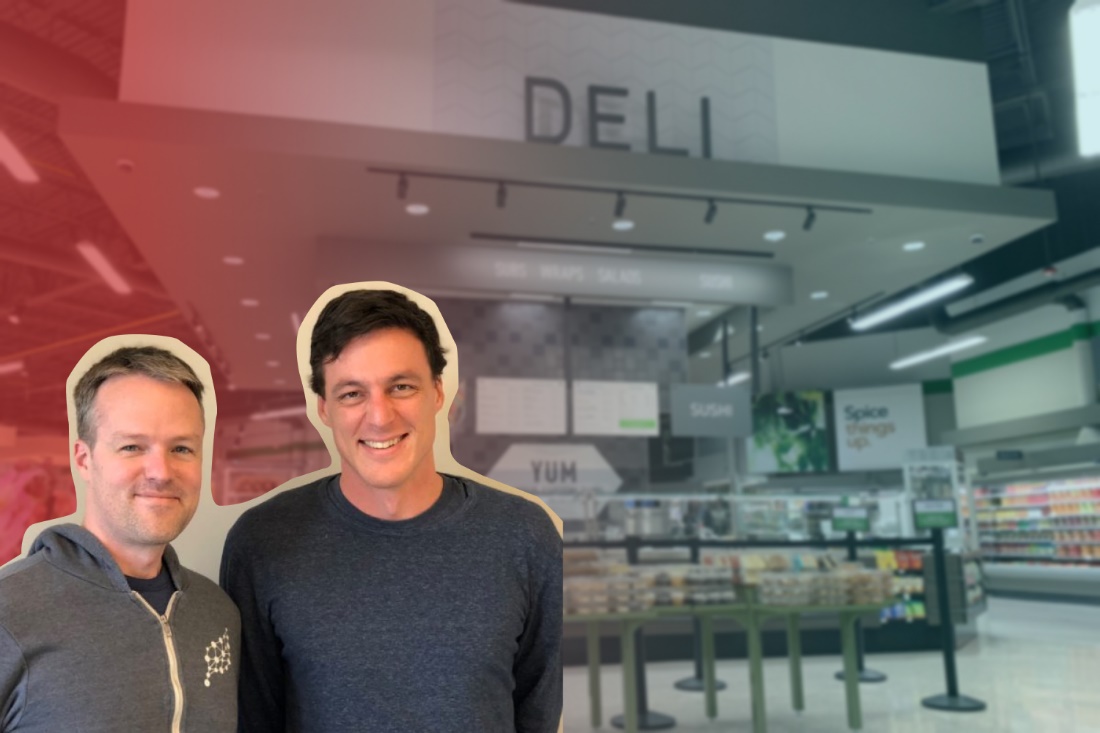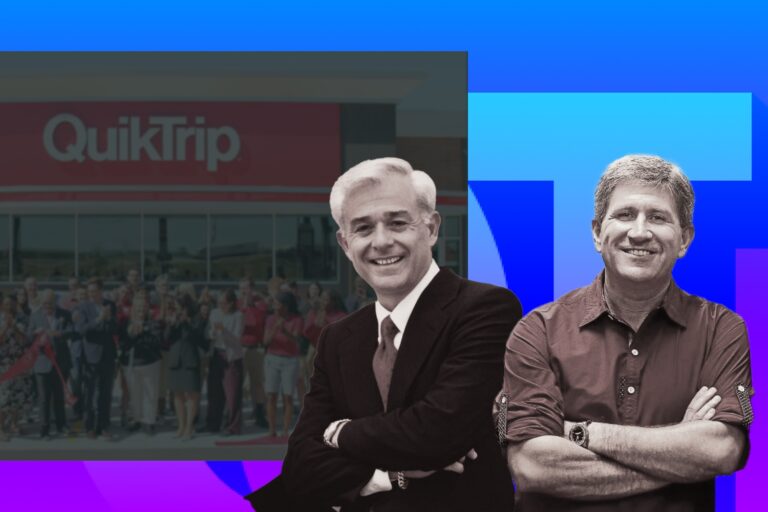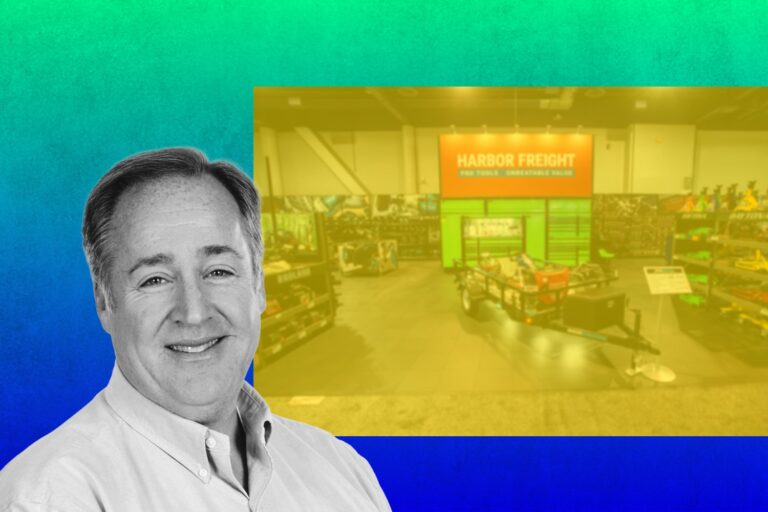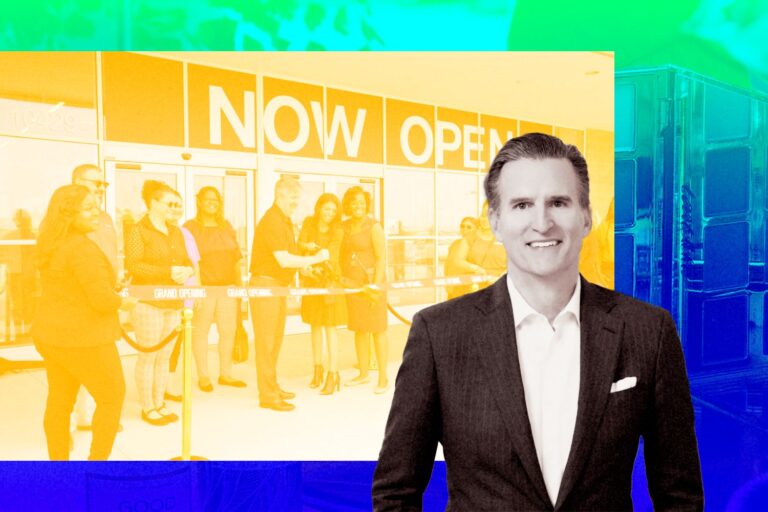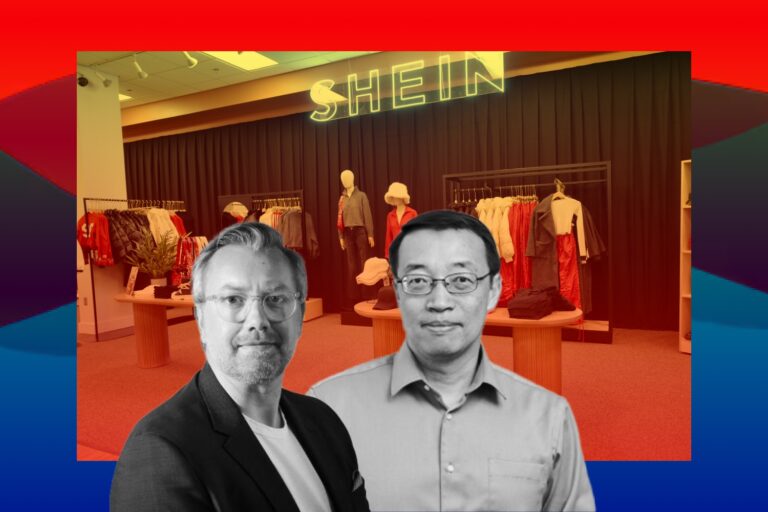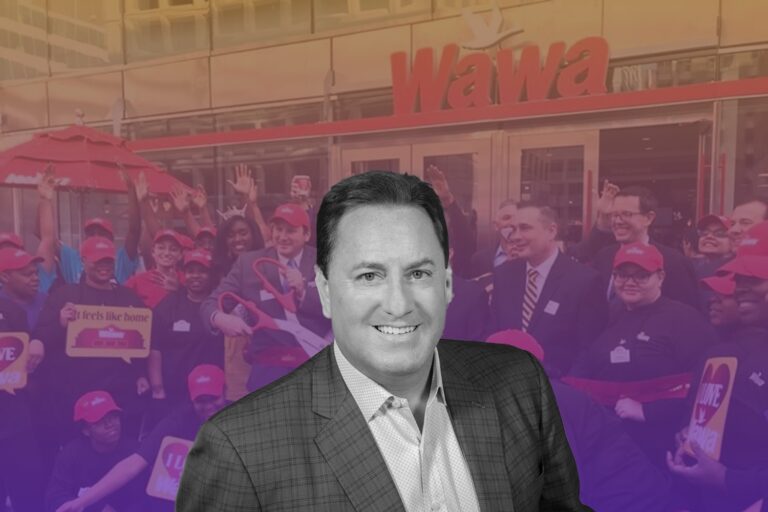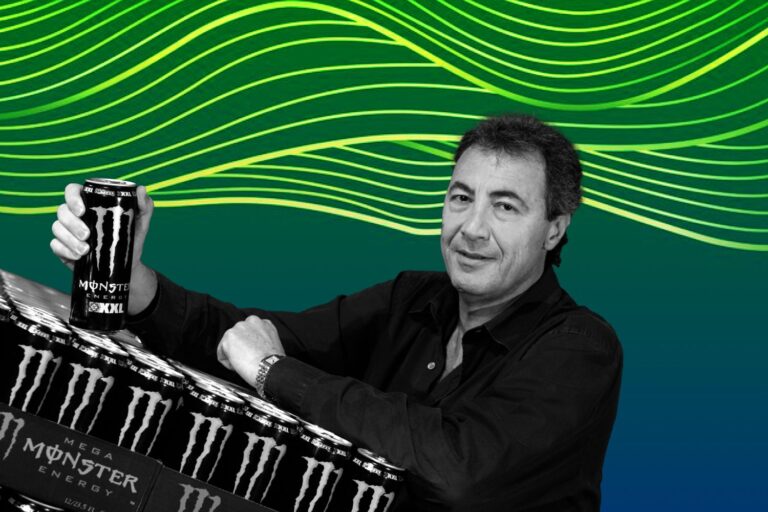The Seattle-based Supernova to Weather Food Waste Chaos & Quadruple Retailer Profits
Each year in the United States, nearly 31% (133 billion pounds) of the overall food supply is wasted, which affects food security, resource recovery, and contributes to the 18% of total U.S. methane pollutants that come from landfills. Reducing the quantity of food waste dumped in landfills can feed millions of people while also reducing the impacts of climate change.
Having understood the problem since the previous business – Molly’s, Stefan Kalb and Bede Jordan decided to launch Shelf Engine in 2016.
Headquartered in Seattle, Shelf Engine is one of the first startups to employ artificial intelligence for the perishable food industry. The startup uses probability models and an order prediction engine that examines past order and sales data, gross margins, and shelf-life information, in addition to food waste. The more a customer uses the system, the more accurate its recommendations become.
By assisting grocery retailers in boosting their profit margins while substantially lowering food and beverage waste, Shelf Engine is revolutionizing the food supply chain.
In 2022, Shelf Engine named “most innovative” among demand forecasting and inventory optimization providers by CB Insights. When compared to other platforms that cater to the needs of modern grocery stores, Shelf Engine stands out as the only one that is prepared to change with the times.
Stefan Kalb and Bebe Jordan– Quitting a Stable Job to Build Their Castle
About a decade earlier, Stefan Kalb began his first business, a grab-and-go food business named Molly’s. After expanding to 400 locations regionwide, the startup was struggling to maintain full shelves, while keeping shrink, or loss of inventory, low. In other words, food waste was harming their financial situation.
People actually were impressed when he inquired around the industry to see how he could resolve this issue.
At this point, Stefan Kalb contacted his friend – Bede Jordan, a software developer by profession. Bede’s brilliance and Stefan’s expertise in actuarial science allowed them to create a model and software that significantly improved the forecasting of perishable foods and reduced Molly’s food waste in half.
With the goal of revolutionizing the food supply chain by assisting supermarkets in reducing waste and boosting sales through intelligent forecasting, both resigned their day jobs to found Shelf Engine.
The startup had several mentors and sponsors throughout its early stages, many of whom have had a significant influence on Shelf Engine. Particularly, a number of their investors and board members, such as Hans Tung, Joe Montana, Paul Buchheit, and Garry Tan.
Stefan shared, “In our early days when we were struggling to stay in business, Garry never doubted us. He kept doubling down on Shelf Engine. He’s been our longtime champion and brings an authenticity and compassion you don’t often find in the venture world.”
When COVID-19 struck, it essentially broke all of the systems that the retailers had created, forcing them to play continual defense.
The food system has been severely disrupted by the Covid-19 outbreak, from farm to fork. We have seen and experienced severe food shortages in several instances. Food cannot reach end users in some of these situations, therefore it is eventually wasted.
That was the right time to embrace a different strategy for ordering.
By using Shelf Engine’s solution, retailers don’t have to rely on their labor for ordering anymore because the startup will do that. One of the main causes of Shelf Engine’s explosive expansion during the pandemic was this.
How It Uses Data Science to Address the Food Waste Problem
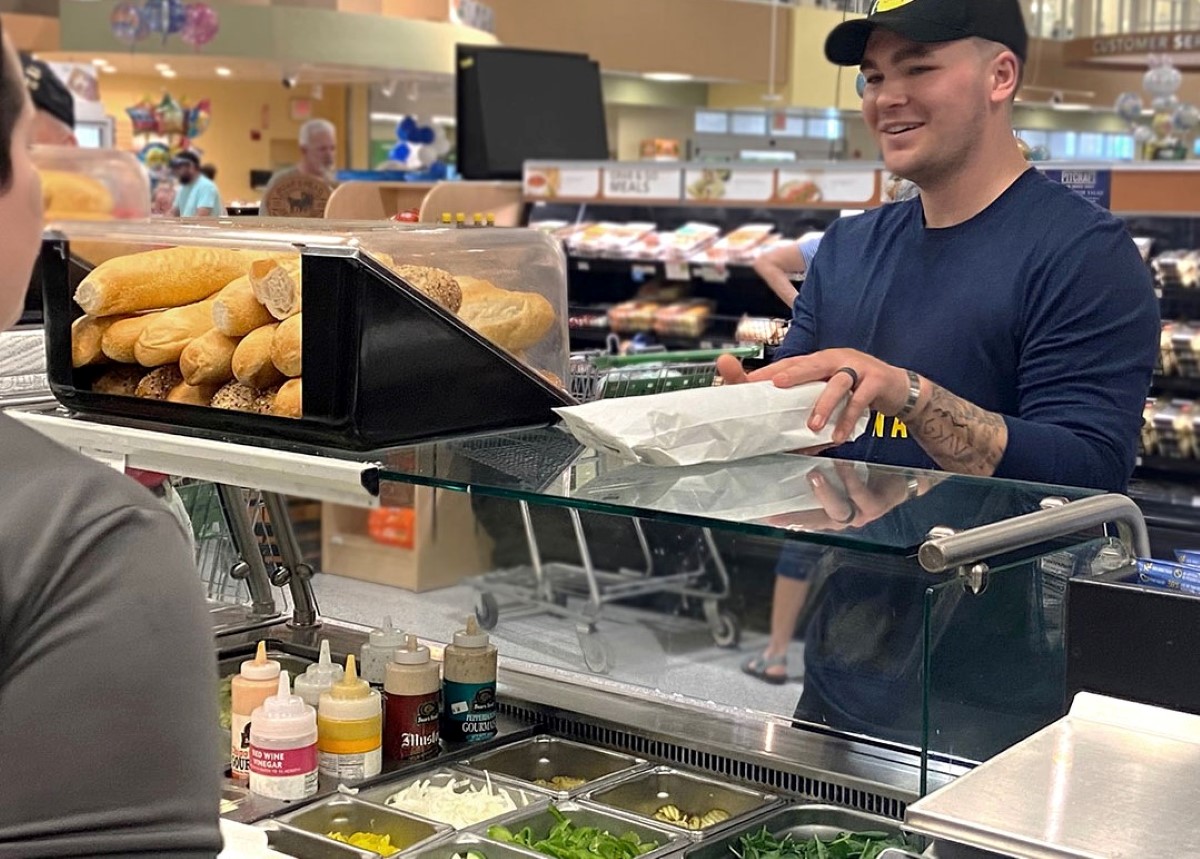
Shelf Engine was able to help supermarket chains weathered the previous chaos, and, as a matter of fact, demand for its product skyrocketed. The startup helped reducing waste, while simultaneously boosting sales, which goes straight to the grocer’s bottom line.
Even after the hard days of the pandemic, they are still winning in the road aligns with their mission.
Handle over the tricky work of ordering for retail chains
Typically, a third of the food in the bakery section and other perishable items kept on store shelves is thrown out. Shelf Engine guarantees sales for the retail outlet, and any items that remain unsold the company will pay for.
Shelf Engine can forecast how much demand there will be for a specific product by gathering data on how many sales a store regularly experiences for various items. The corporation profits from the difference between the prices it pays for products from vendors and the prices it sells to grocery stores.
Shelf Engine is taking over the task of ordering for food retailers. Grocery order automation solutions utilize innovative statistical models, machine learning, as well as neural networks to foresee consumer demand and order the most exact amounts of highly perishable items.
Retailers who use Shelf Engine’s order automation solutions advantage from an average profit margin increase of more than 50%, while reducing food waste by as much as 32%. The startup creates the optimal order for every single product every day, automates the order submission process and minimizes stockouts by 90%. As a scan-based vendor, Shelf Engine buys back all unsold goods in order to “guarantee” the sales of the goods it monitors and orders.
This not only takes the guesswork out of placing orders at the retail level, but it also gives store employees more time to devote to helping customers. The food waste produced in supermarkets is significantly decreased, which is the best part.
Shelf Engine at first went to market with a product that it was hoping to sell to groceries, but the startup found more traction by becoming a marketplace and perfecting its models on how much of a particular item needs to go on store shelves.
Offer disruptive innovation without disruptive adoption
30 years ago, when it started making sense to implement technology into retail systems, a lot of B2B technology companies managed to install big hardware systems at grocery chains. Installations were quite challenging and required relocating servers into every single store; nonetheless, nowadays, you can still walk into the majority of grocery stores and find a server room right there.
Nowadays, a bunch of the tech firms and systems – ERPs – catering to retailers still perform like that. Many vendors may attempt to offer an ordering system or other product for more than $2 million annually, with a two-year implementation period before being finalized.
“If you’re an executive at a grocery store and you have a problem today that you want to solve and the software company tells you it starts today but it won’t be activated until two years from now – that’s a real problem!”, said Stefen Kalb.
In order to solve this, Shelf Engine set a target for their team to have clients operational in two to four weeks. That’s exactly what they do today. Shelf Engine can help if you’re a grocery store owner whose margins are deteriorating or you’re noticing a lot of waste and you want to see an impact right immediately.
They only require a few of your data pipes instead of installing technology on-site, and IT folks can configure what they require in only a few hours. You only need to integrate the startup with your data pipes, and you’re ready to begin.
“This is unheard of but puts us at a huge advantage because when I walk into a store and talk to an executive and tell them I can grow their margins, they say prove it and we can in four weeks time.” said Stefen Kalb.
He added, “A lot of companies are moving in the direction of the cloud and easy-to-install solutions, and it’s the right move – I don’t ever want to tell a customer that it will take two years to go live!”
The Seattle-Based Star to Bag $41 Million in Series B Fundraising and Capture Big Logos
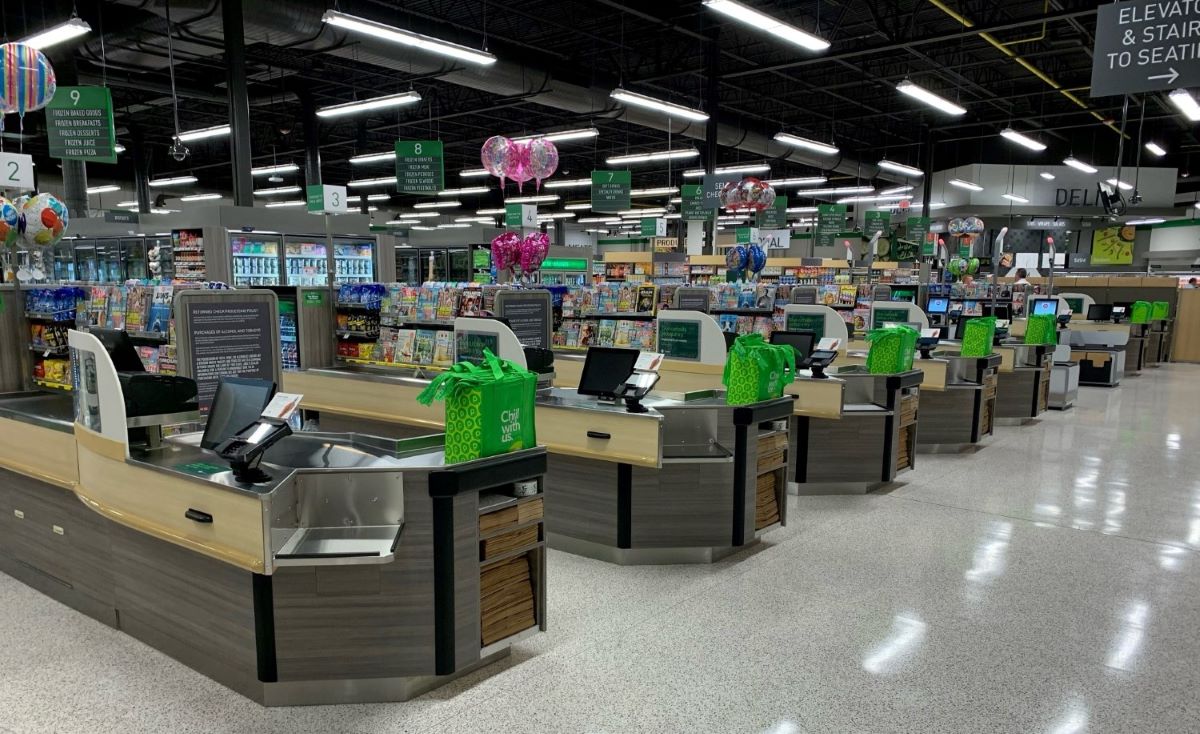
Shelf Engine announced the completion of its $41 million Series B fundraising round in March 2021. This round was led by General Catalyst and brought the company’s total funding raised to $58 million.
GGV Capital, Foundation Capital, 1984 Ventures, Correlation Ventures, Founders’ Co-op, Soma Capital, Firebolt Ventures, and Initialized Capital were the other ventures that took part in the round.
This fresh capital came after the company had significant growth in 2020, when revenue increased dramatically by a massive of 15x.
The business model earned $12 million in Series A funding in 2020. The money came from GGV and Garry Tan’s Initialized, and Hans Tung, the managing director of GGV, is on the board of the business. Foundation Capital, Bain Capital, 1984, and Correlation Ventures were some of the company’s additional investors.
The most recent financing will allow the Seattle-based startup to continue its expansion as well as make additional investments in its quickly expanding workforce of engineers, data scientists, and supply chain automation specialists.
Many of these new positions will be in the fields of engineering, data science, and product. This projected growth is so big that the company has relocated its headquarters to Seattle, since their old office only fits about 70 to 80 people. Now, the team has expanded to more than 200 people working with its mission of architecting the grocery industry.
More than 2,000 stores countrywide now use the startup’s technology. Their brilliant individuals and cutting-edge technology that have made it possible for Shelf Engine to consistently produce improved sales performance, profit increases of 4x, and one-third food waste reduction for grocery retailers.
Shelf Engine has proven that they can radically reduce waste. Although the startup’s already working with some of the biggest logos in the nation like Kroger, Whole Foods and Compass Group, now this Seattle-based startup is aiming to bring its solution to more and more grocery chains. On the road to that goal, one of the most important things to do is scaling technology.
“We need to get to that place where we can scale one thousand times and to be sustainable on that front. It’s an exciting time for the future of the industry and Shelf Engine is well-positioned to help retailers capture outsized growth.” said Stefan Kalb.
Team Up with Celebrities to Scale the Growth Engine
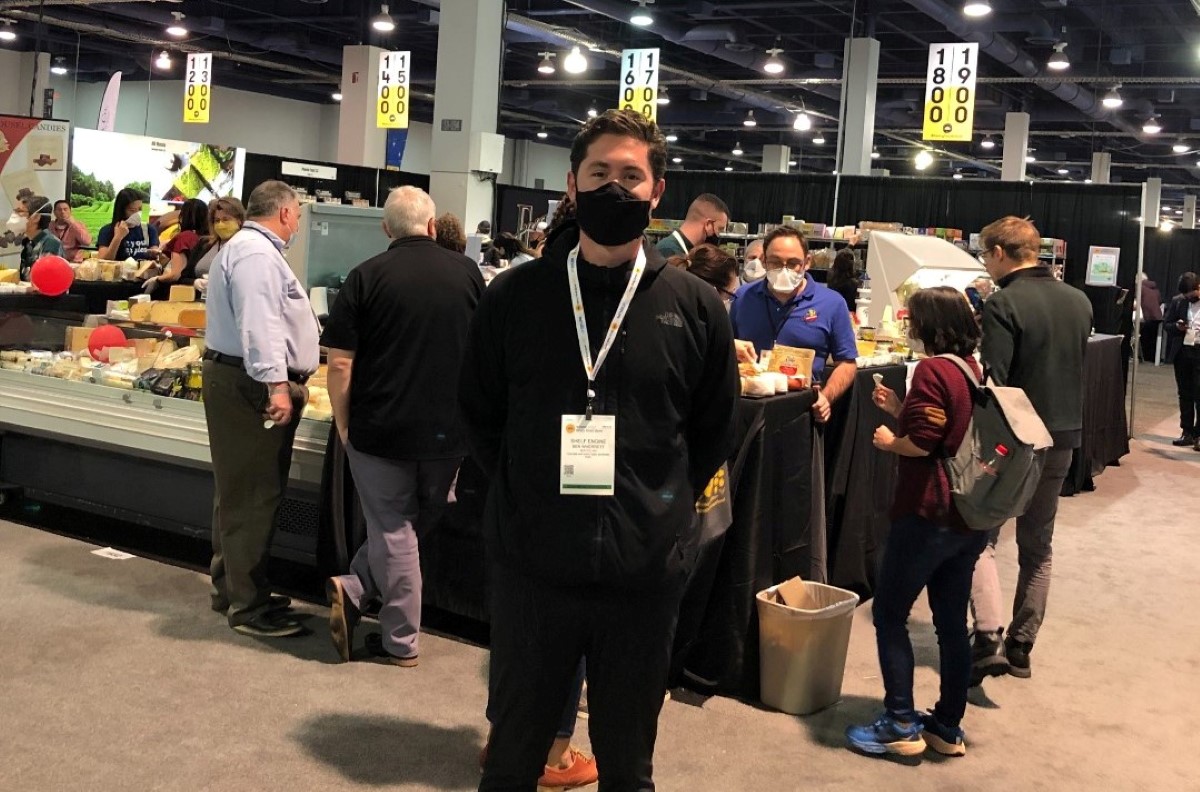
Since the beginning in 2016, Shelf Engine has already helped retailers divert more than 1 million pounds of food waste from landfills. The startup’s quick response to environmental problems will have profound effects on the generations that come after ours.
In order to raise awareness of the negative effects that food waste has on the environment and society, as well as to support the startup’s solutions to the issue, Shelf Engine is using the influence of celebrities as brand ambassadors.
Actors Ellen DeGeneres and Portia de Rossi, Olympic snowboarding gold medalist Shaun White, and Canadian singer/songwriter Shawn Mendes are helping finance and enhance the social media presence of Shelf Engine. Each one was a part of the $2 million investment round that revealed in 2021. The collaborations were made possible through PLUS Capital, which matches famous people and athletes with businesses that share their beliefs.
“Every step we take to eliminate food waste is a step closer to solving food insecurity across the globe,” DeGeneres said.
She added, “Shelf Engine is leading this fight against waste at retailers and grocery stores. The aim is to reduce the amount of fresh food that’s thrown away every day. Portia and I are honored to partner with Shelf Engine. I think it was Madonna who said, ‘Waste not, Want not.’ And we couldn’t agree more. It was either Madonna or Cher.”
“I’m so proud to have invested in Shelf Engine. They’re a game changer for the grocery industry and helping people reduce their environmental footprint, and I’m proud to support their mission.” said Shawn Mendes.
These celebrities help educating consumers and retailers on how they can take action to reverse this trend is invaluable. Partnering with these well-known names enables the company’s mission to eliminate food waste and address the climate crisis to be made more aware.
“B2B software is not as glamorous, but the climate has become a big issue and something many celebrities care about,” Stefan added. “Shawn Mendes has over 60 million followers, so for him to share about this issue is extremely meaningful. Where he invests will lead to his followers knocking on the doors of stores and saying ‘this matters to me.’ That is the strategy shift from B2B to a movement for our community.”
Bottom Lines
Shelf Engine has reached an impressive milestone after a long time building up a solution for the retail industry. When the startup begins to scale, there is so much work to do, and they have to continuously enhance not only the technology but also on the human side, attract and remain talents, especially during this Great Resignation. Looking at Shelf Engine’s development during the last 12 months, we can see that they are not normally creating a marketplace for grocers, but in fact transforming the industry.

